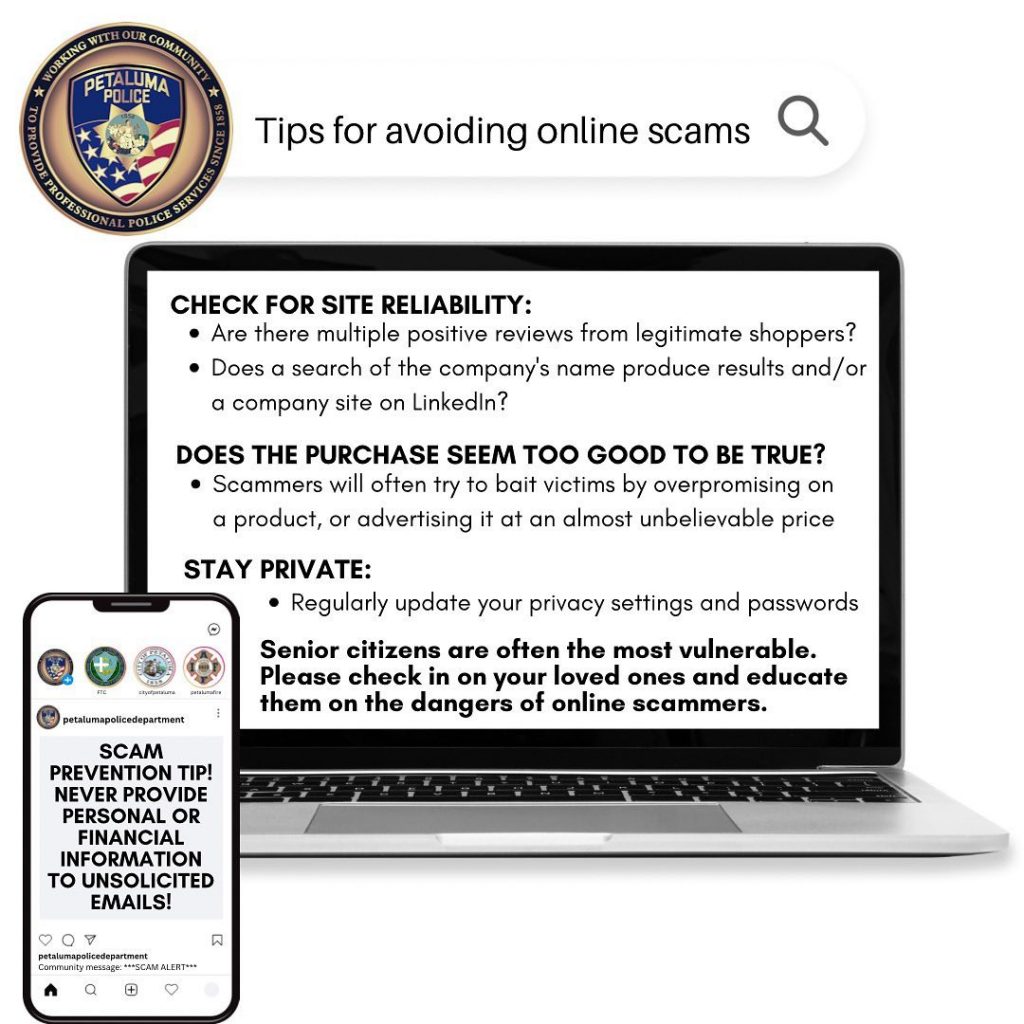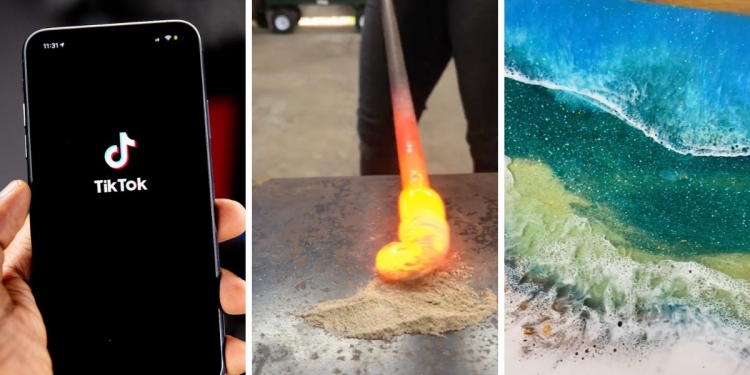We’ve reported on a lot of different types of online scammers, but I’ve never heard of a scammer using this tactic. U.S. police reports of a TikTok seller claiming to create artwork from cremated ashes and demanded a victim of USD 3,000 (about RM13,000) if they want the ashes back.
“The Petaluma Police Department would like to advise all of our community members to be extremely cautious when purchasing items from online platforms,” warned the police on their Facebook page.
In the public report, the police reported that the victim made a payment and sent the ashes to the scammer. The victim was then blackmailed and threatened by the scammer—who now demanded the victim to pay more than RM13,000 for the return of the ashes.
“In addition to reporting the crime to the PPD, the victim wished to share their story in hopes of keeping anyone else from falling prey to the same heartless crime,” continued the police.
Looking up “cremated ashes artwork” on TikTok brought me to a few selection of videos that apparently show the creation of different types of artwork using cremated ashes of loved ones. Some sellers advertise paintings, and some advertise that they can turn ashes into jewelry.
From just looking at the videos, it’s quite hard for me to figure out if the establishments were legitimate. But I did find a content creator on the platform who shared that she was almost scammed by a company that tried to “hold her mother’s ashes” as hostage unless she paid them USD 1,000. According to the content creator, the scammer used someone else’s legitimate TikTok posts and pretended like they were their own to scam victims.

The U.S. police advised tips to avoid online scams. You should first check the site or seller for reliability. Are there multiple positive reviews from shoppers? Can you search for the company name through LinkedIn or Google?
You should also be wary of promotions that seem “too good to be true”. Scammers will try to bait victims by overpromising on a product, and/or offering it at an unbelievable price. Additionally, never provide your personal or financial information to unsolicited parties, and make sure you regularly update your privacy settings and passwords.
I even created an investigation revealing what scammers might say to you to try and get you to give them money. And since scams can take a few days, weeks, and even years, you might be in the middle of a scam without even knowing it.
[ SOURCE, IMAGE SOURCE, 2, 3 ]








